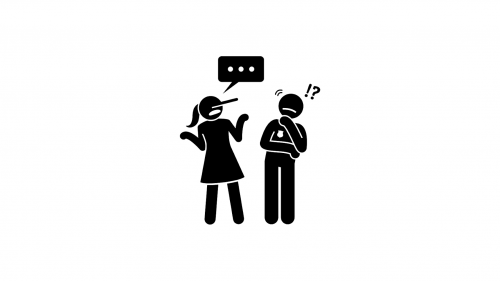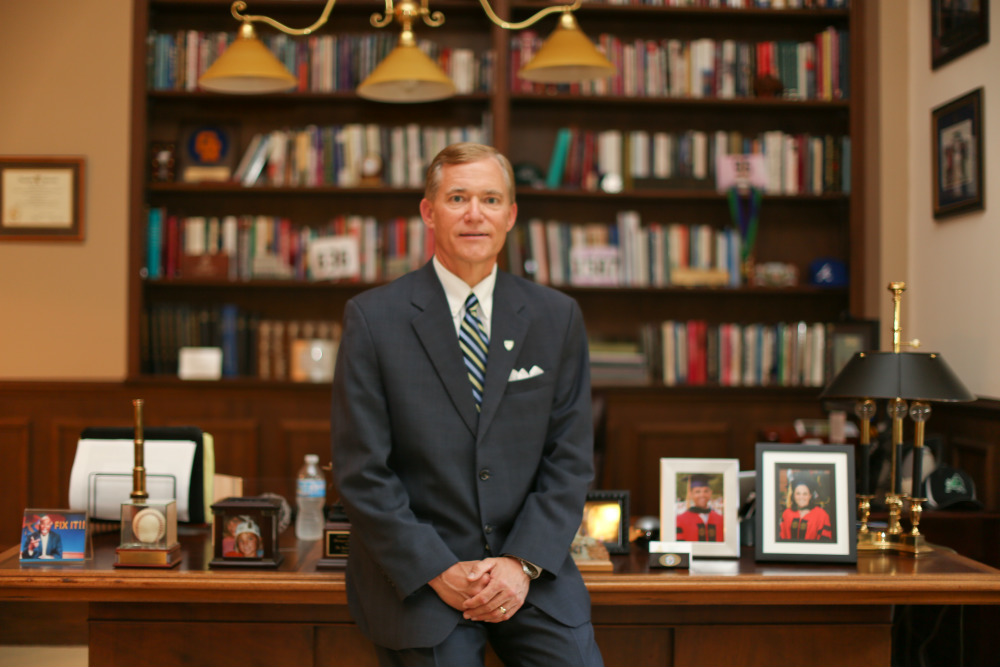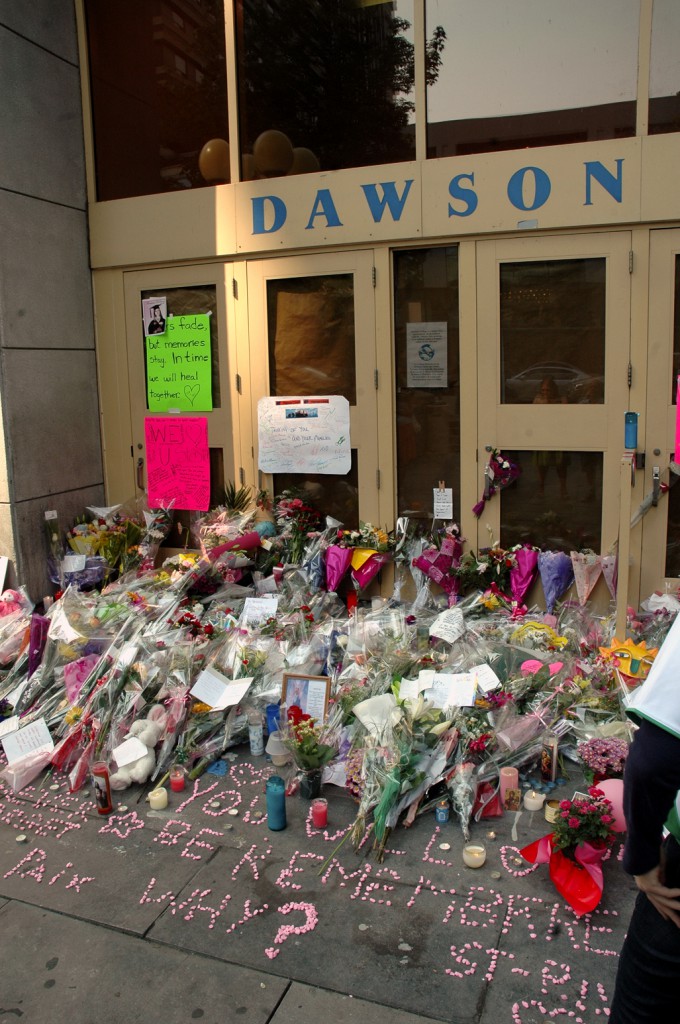Featured Image: Carey Seay | Marlin Chronicle
Recently passed bills show the scope of state legislation.
How well do Virginians know the law? While most Americans may claim to know what constitutes crimes, Pew Research Center reported that only 3% of adults say they understand the law. The law is a constantly changing landscape, from as high as the federal to as low as the town council. The state of Virginia is no exception. As such, here are a few recently passed, 2023 laws citizens may have been unaware of in Virginia.
Worried about that free trial to Apple TV charging an account when it is inevitably forgotten? Thanks to HB1517, upon signing up for a free trial to watch a movie, the company must notify customers that the trial is running out if the trial lasts longer than 30 days. This is in place so that customers will be warned of a charge before it reaches their account.
This unfortunately does not mean that a customer won’t be charged. However, it gives consumers a timely reminder that may save them a quick buck under threat of penalty to the company who fails to notify.
Consumer protection proves especially important to communities of college students, as every penny counts when paying for college tuition. ODU senior Daniel Tekleab is pleased with the effects this bill can have for students.
“The law holds companies ethically responsible since it would be wrong to take something without their understanding or explicit consent,” Teklead said. With this kind of free trial plan the accountability falls to consumers, so go ahead and start that trial. Even if it’s forgotten, there is a chance to remember to cancel before losing tomorrow’s lunch money.
Worried about the new neighbor’s drones and what they’re planning on doing? According to HB1583, it is now a prohibited activity to use an unmanned aircraft to spy on any dwelling.
This law serves as a deterrent to any would-be nosy neighbors looking to take advantage of a cheap drone with a camera. This includes people using drones to view such places as houses, mobile homes, places of work and classrooms. Individuals who engage in this prohibited activity are guilty of a Class 1 misdemeanor. The maximum penalty of a Class 1 misdemeanor is a $2,500 fine and 12 months in jail.
“This is fantastic,” Jocelyn Woodward, a VWU junior, said. “When I was younger a drone was watching us practice, which as a kid made me feel very uncomfortable.”
The VWU student body may not be directly affected by this issue, but privacy off campus is important and this law serves as an extra backdrop to Wesleyan’s policy around drones. Still there are benefits felt by the students. In the event a student violates the no drones on campus policy written in the student handbook or uses the drone for mal-intent if granted through a special event, they can now be held criminally liable for the harm they may have caused.
High stakes can cause stress, especially when someone is in need of intense medical assistance. The information that bystanders provide could make the difference between a brief hospital trip and a tragedy. Bill HB1572 looks to reduce the chances of this occurring by making it a Class 1 misdemeanor to lie to emergency personnel.
As for its real life application, if you were standing at a bus stop and a person who you knew was allergic to bees was stung and upon an ambulance arriving, you tell the crew that this person was not stung by a bee but rather they gained from the heat so that they wouldn’t get an EpiPen, you are criminally liable.
The language in this bill is exceptionally important, as it is only when this activity is engaged in both willingly and knowingly. This means that an omission of fact is not subject to any penalty underneath this law. If another student were to leave a pot on the stove and that resulted in the fire department coming, you would be under no penalty if you said nothing to the fire department.
“Overall, I think it’s a good thing,” junior Christian Palmasano said. “False fire alarms, for instance, are rampant right now, partially due to people who think it is funny to pull them.” Palmasano is not alone in his concern for the harm some would-be pranksters can pull. It is encouraged that students continue acting morally as this bill only affects those who choose to lie and put others in harm’s way.
But not every bill is about what people can do to harm one another, some actually make it easier for people to help each other. Bill SB1086 provides assistance to those who wish to donate organs.
The bill offers varying times for recovery in which an individual may be granted after donating an organ. This leave is unpaid, however it protects an employee’s benefits where they continue to be covered through the duration of their leave. They also must be paid any compensation from before their leave and must be reinstated upon their return. This mainly serves to protect organ donors from retaliatory action that their employers can take and protect their employment in their absence.
The bill has drawn criticism from some in regard to the idea of this leave being unpaid. First-year pre-med student Sammy Blythe said, “I mean it’s okay, but organ donation is incredibly important, and I feel paid leave would help encourage more people to go through the process.”
It is beneficial for VWU students to remain up to date on the law. Just because most adults in the U.S. don’t understand them doesn’t mean students need to join them. View these laws and more on the Virginia LIS website to find out more about Virginia’s laws.
By Rowan Stuart



